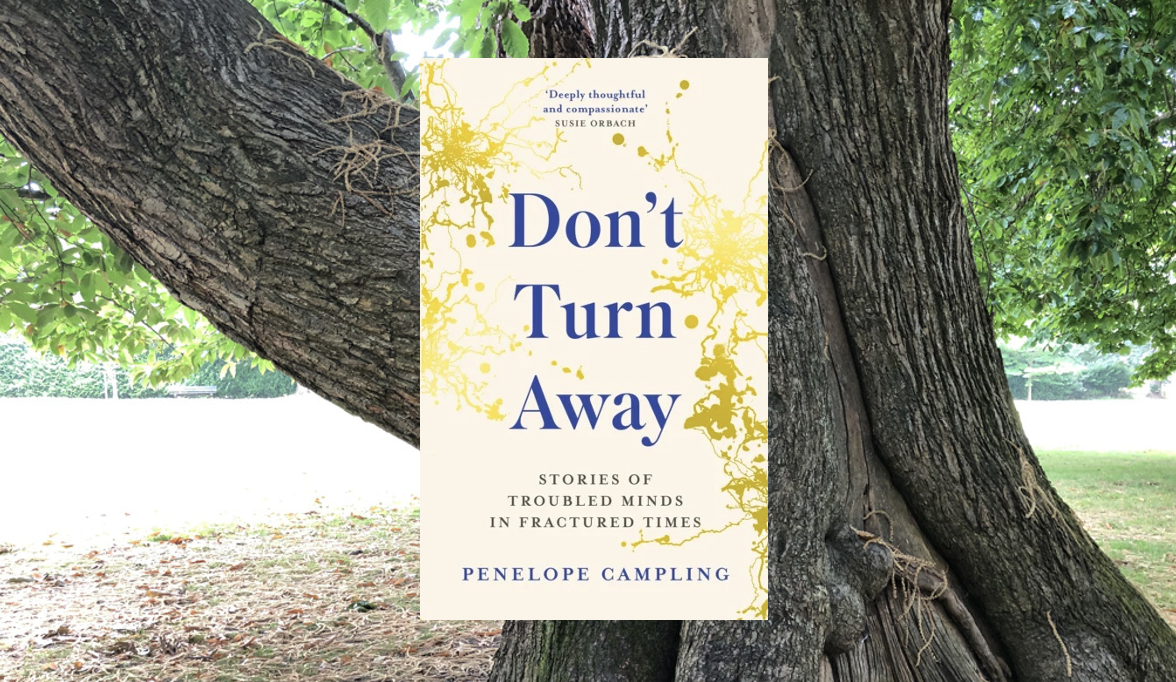 Hannah Milton is a GP, a mum, and a runner
Hannah Milton is a GP, a mum, and a runner
This book oozes compassion and kindness and made me want to be a more understanding doctor. Penelope Campling worked for the NHS for 40 years as a Psychiatrist and Psychotherapist and her book uses touching patient stories to explain her points and so there is a lot of engaging humanity as well as learning points.
The book explains the changes within psychiatry over the 40 years of her career: from the large asylums of institutionalised patients with no hope of ‘release’, to therapeutic communities and rehabilitation, to the fragmented pathways of today with abundant exclusion criteria.
Dr Campling describes how trauma can be passed through families, even when circumstances change for the better.
Dr Campling worked and then led a therapeutic community, for people diagnosed with Personality Disorder, for 20 years. Therapeutic communities developed after World War 2 to help the traumatised soldiers make sense of their experiences. It was fascinating to read about how high levels of self-harm and suicide risk were managed between professionals and other residents of the community. She explains how the patients diagnosed with personality disorder, who are admitted to the therapeutic community, have not had a network of nurturing connections in their early life. Describing these patients, Campling says “they are fragmented: thinking one thing, feeling another”, a summary that rings true for many patients. The therapeutic communities aim to build trust and allow the residents to learn how to acquire and maintain trusting relationships and healthy ways to cope with difficult feelings.
The book also gives some very interesting reflections on racism and sexism within medicine and psychiatry, for instance Afro-Caribbean men often have their level of risk overestimated and are much more likely to be detained than their white counterparts. Dr Campling articulated the subtle (and sometimes less subtle) ways in which she encountered sexism as she became a leader within psychiatry.
I was particularly interested in the chapter about generational trauma. Dr Campling describes how trauma can be passed through families, even when circumstances change for the better. It really made me think about some of my patients’ shared community traumas and how this will impact their community for generations to come. She worked in Leicester (“the first city of minorities… no ethnic group makes up more than 50 percent of the population”), and she has a deep understanding of many different parts of world history. I gained some new understanding of how The Holocaust still affects our society today, as well as the traumas (historically and presently) of The Windrush generations.
Despite diagnosing myself and the whole NHS with Moral Injury, this book was uplifting!
Her chapter on “Moral Injury” was extremely powerful for me. She describes moral injury as “the result of an individual encountering circumstances that force them to act or tolerate circumstances that are contrary to their professional and ethical values”. I feel that this has happened within so many parts of the NHS, judging by forum posts I read that blame patients when really it is the system at fault. I noticed my own frustration during surgery when a patient recovering from an acute hospital admission came to me for help and advice because the specialist follow up was not for several weeks. I spotted myself feeling cross with the patient for wanting a specialist explanation of the diagnoses they said were not explained to them during the admission. Luckily the book was fresh in my mind, and I was able to take a breath and think of their perspective before I opened my mouth. It feels to me as though General Practice is suffering the brunt of moral injury within the NHS. For example: the patients with mental illness that GPs now try to manage because of exclusion criteria and waiting lists within mental health services. As well as the patients with complex conditions that need help whilst awaiting the appropriate specialist follow up.
Despite diagnosing myself and the whole NHS with Moral Injury, this book was uplifting! It reminded me of how much I love the holistic and human nature of our job as well as the scientific interest of treating an acute illness. I just wish there was more time and resources available to really help people affected by mental illness.
Featured book: P Campling, Don’t Turn Away: stories of troubled minds in fractured times, Elliott & Thompson(2022), 299 pages, ISBN: 978-1-78396-650-9, RRP £16.99 (hardback)






